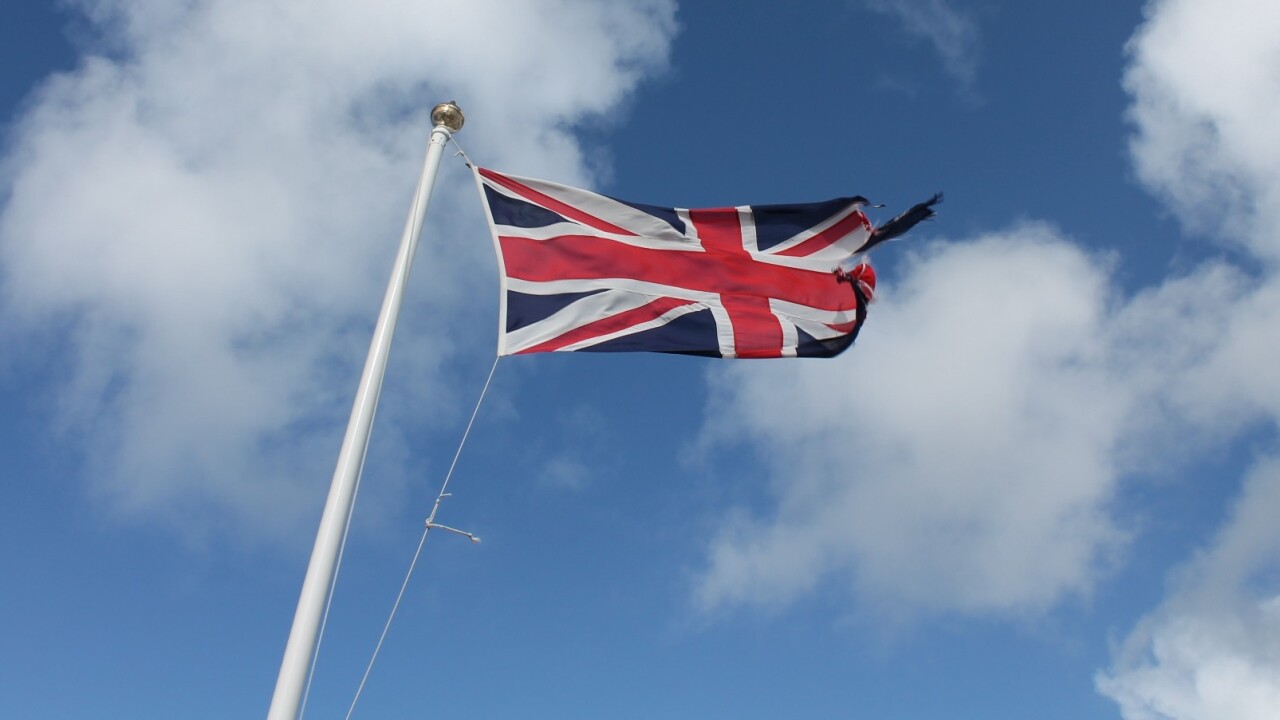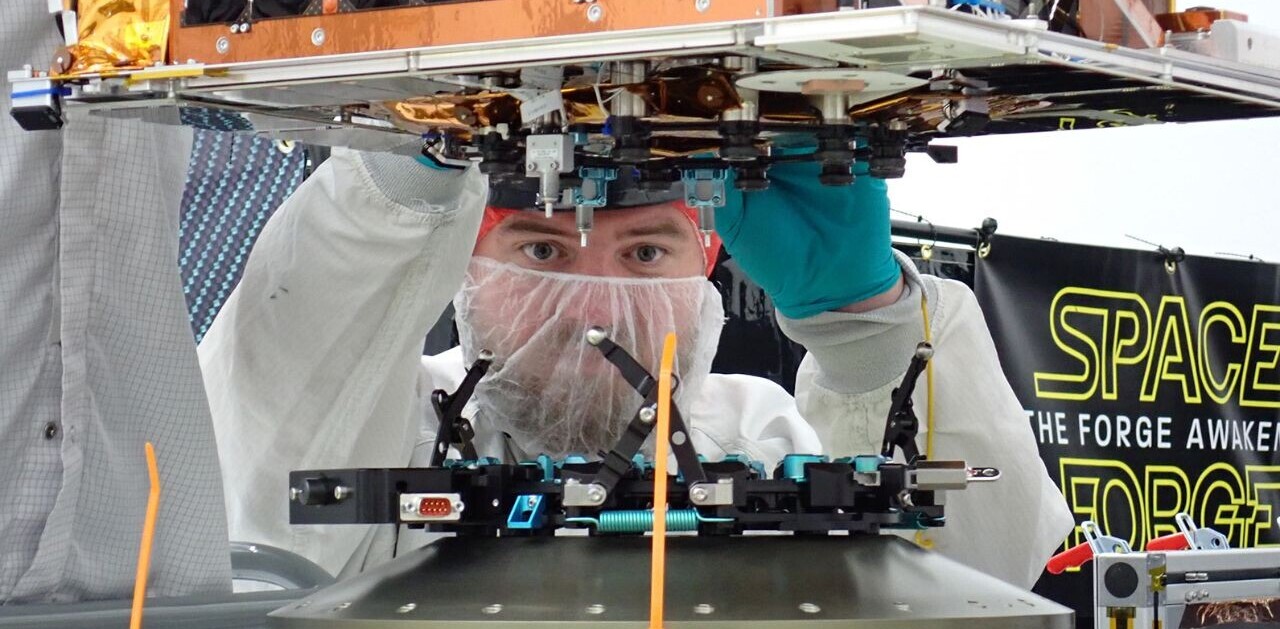
EE has announced that it has extended its 4G network further across the UK, pushing LTE connectivity out to thirteen new towns and cities.
This latest rollout means that there are now fifty 4G-enabled towns and cities across Britain, following last month’s expansion which took the figure to 37 at the time.
From today, EE subscribers in the following locations can now tap 4G: Bradford, Bingley, Doncaster, Dudley, Harpenden, Leicester, Lichfield, Loughborough, Luton, Reading, Shipley, St Albans and West Bromwich.
50 towns in 5 months
The latest milestone comes just five months after the initial launch, and now means that half the UK population are able to access 4G on a compatible device, such as the iPhone 5, Samsung Galaxy SIII LTE, iPad mini, Blackberry Z10, and the HTC One.
“With these major milestones of fifty towns and cities, and fifty percent of the population, we’re remaining ahead of our schedule to equip UK consumers and businesses with 4G,” says Olaf Swantee, CEO, EE. “Our customers are at the heart of our rollout and we are working hard to deliver 4G to seventy percent of the UK population by the end of this year, and 98% of the population by the end of 2014.”
EE has also said it hopes to be live in eighty towns and cities by the end of the summer, just as Vodafone, O2 and Three start looking to launch their very own 4G services. Indeed, last month the UK’s 4G auction ended with EE, Three, Niche Spectrum Ventures Ltd (part of BT), O2 and Vodafone raising £2.34 billion ($3.62 billion) to secure a total of 250 MHz of LTE spectrum. The five bidders each paid hundreds of millions of pounds to secure parts of the 800 MHz and 2.6 GHz bands.
4G mobile claims speeds of up to five times faster than 3G, with EE reporting average speeds of more than 16Mbps, rising to 50Mbps at peak recorded levels.
Get the TNW newsletter
Get the most important tech news in your inbox each week.





